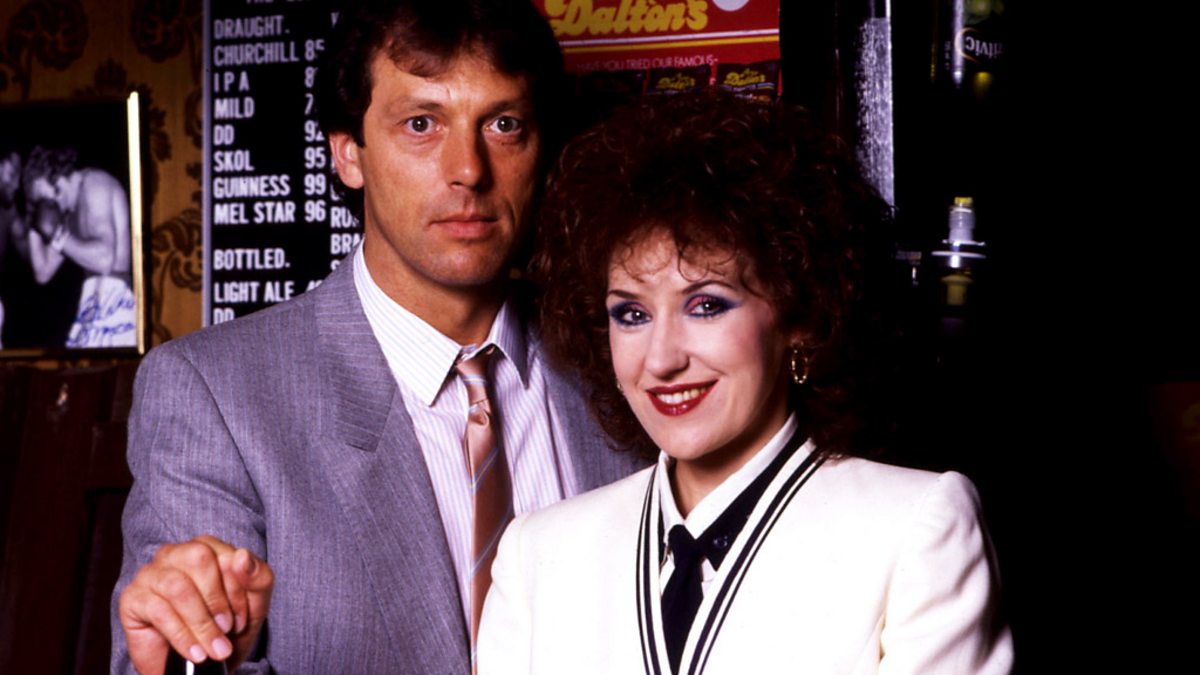Originally posted by Nick_G
View Post
Unfortunately I missed checking the state of affairs last night, so I don't know if there were any problems then - and I think we listened on FM earlier rather than DAB - quite by chance.
Re Bryn's 4am observations, DAB this morning around 5.50am seems OK - with acceptable speech.
I don't know why there has been disruption. Weather is possible, but it could be that there are problems with the DAB infrastructure or settings.



Comment